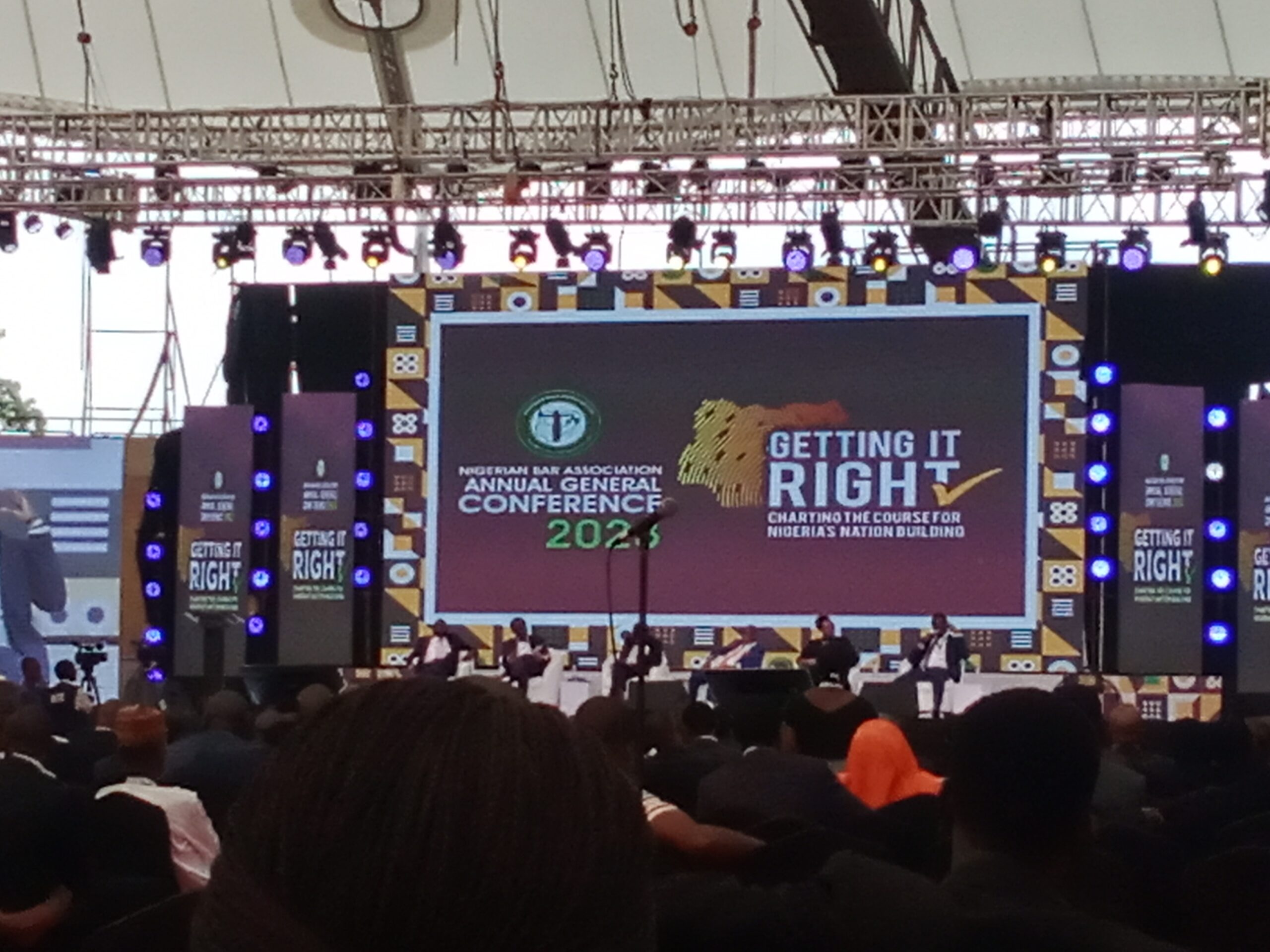Chairman of the Independent Corrupt Practices and other related Offences Commission (ICPC), Prof. Bolaji Owasanoye, has charged members of the Nigerian Bar Association (NBA) to closely work with law enforcement agencies in curbing money laundering and terrorism financing.
He made the appeal yesterday at the annual general conference of the association in Abuja. Owasanoye, who was part of a panel of discussants on ethics and professional conduct of lawyers, commended the NBA president, Yakubu Maikyau and the leadership for raising the pertinent issues.
The session focused on the new NBA rules and guidelines on Anti-Money Laundering and Terrorism Financing, as well as underlining the role of the legal profession in the fight against the vices. According to the ICPC boss, it has become inevitable for discussions on ethical conduct of legal practitioners to be brought to the table due to perceived lack of cooperation between legal practitioners and anti-corruption agencies. While quoting Rule 74(3) of the Rules of Professional Conduct for Legal Practitioners (RPC), he stated that it was mandatory for lawyers to report suspicious activities bordering on money laundering and related offences. Stressing the refrain, “If you see something, say something,” Owasanoye added that it was no longer fashionable for lawyers to turn a blind eye to sources of their clients’ wealth, and by extension, their own legal fees. He maintained that legal practitioners have a duty to show care and concern when dealing with public officials and politically-exposed persons, advising that public interest must override all other considerations.The ICPC helmsman also referred to Rule 60 of the RPC, which empowered legal practitioners to freeze assets of persons on the United Nations (UN) watchlist.
A similar watchlist, he noted, exists in Nigeria, urging lawyers to report their clients to the NBA anti-corruption unit for onward transmission to law enforcement agencies. Owasanoye implored the NBA leadership to use the internal risk assessment policy as a set of guidelines to make its own rules in determining what is ethical or not, stressing that any anti-corruption or anti-laundering committee must side-step the pitfall of bureaucracy to avoid complicity when a law enforcement agency moves against a client. In the same vein, Prof. Roland Itoyah Otaru (SAN), a member of the panel of discussants, submitted that “once integrity is gone, everything is gone.” He, therefore, urged lawyers to maintain ethical practice, while showing uttermost respect for the rule of law. The moderator, Mallam Yusuf Olaolu Ali (SAN), lauded the panelists for their professional insight into the sensitive topic. He, consequently, implored all legal practitioners to exhibit integrity and conduct themselves in ways that uphold reputation of the noble profession. Other panelists were Chief Executive Officer of the Nigerian Financial Intelligence Unit, (NFIU), Modibbo Hamman Tukur; Head of Risk and Compliance at the Law Society, Mrs Pearl Moses and seasoned lawyer, Boonyameen Babajide Lawal.
